Author Archives: Greg McKeon
Author Archives: Greg McKeon
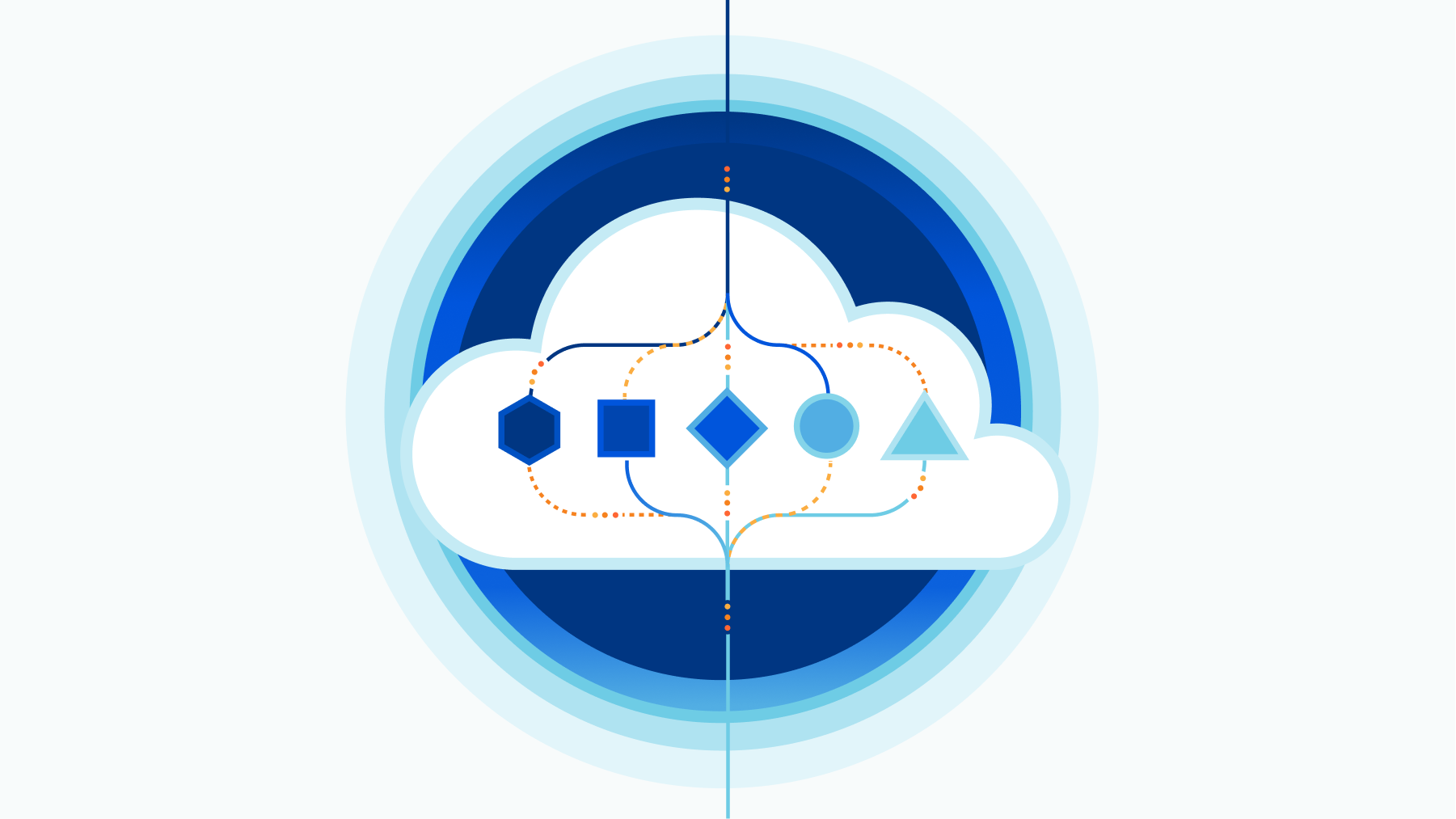

In September, we announced that we were building our own object storage solution: Cloudflare R2. R2 is our answer to egregious egress charges from incumbent cloud providers, letting developers store as much data as they want without worrying about the cost of accessing that data.
The response has been overwhelming.
Cloudflare exists to help build a better Internet. Today, the Internet gets what it deserves: R2 is now in open beta.
Self-serve customers can enable R2 in the Cloudflare dashboard. Enterprise accounts can reach out to their CSM for onboarding.


Full Stack Week is all about how developers are embracing the power of Cloudflare’s network to build entire applications that are global by default. The promise of Workers isn’t just improved latency — it’s fundamentally different programming paradigms that make developer’s lives easier and applications more resilient.
Last year, we announced Durable Objects — Cloudflare’s approach to coordinating state across Workers running at Cloudflare’s edge. Durable Objects let developers implement previously complex applications, like collaborative whiteboarding, game servers, or global queues, in just a few lines of code.
Today, we’re announcing that Durable Objects are generally available and production-ready for you to use!
For many traditional applications, state coordination happens through a database. Applications built on Workers present some unique challenges for a database — namely needing to handle global scale out-of-the-box and heavy concurrency that could lead to frequent transaction rollbacks when coordinating on shared keys. Databases themselves are hard to configure and scale, especially at global scale, so developers would need to tweak their database specifically for Workers’ access patterns.
Durable Objects present a simpler paradigm: write a JavaScript class, and your application can create named instances of that class — which Continue reading


We’ve heard a common theme over the past year: developers want to build more of their applications on Workers. With built-in global deployments, insane scalability and the flexibility of JavaScript, more and more applications are choosing to build on our global platform.
To do so, developers need access to data. Our strategy for data on Workers has had three parts:
Today we’re excited to announce that, in addition to our existing partners Fauna and Macrometa, Cloudflare Workers has added support for Prisma and MongoDB Atlas. These data platforms are heavily demanded by developers — Prisma’s modern ORM brings support for Postgres, SQL Server, MySQL via their Prisma client, while MongoDB topped the ranks of integrations most demanded by our users.
Both clients are available from their respective authors, Realm for MongoDB and Prisma for Prisma. You can begin Continue reading
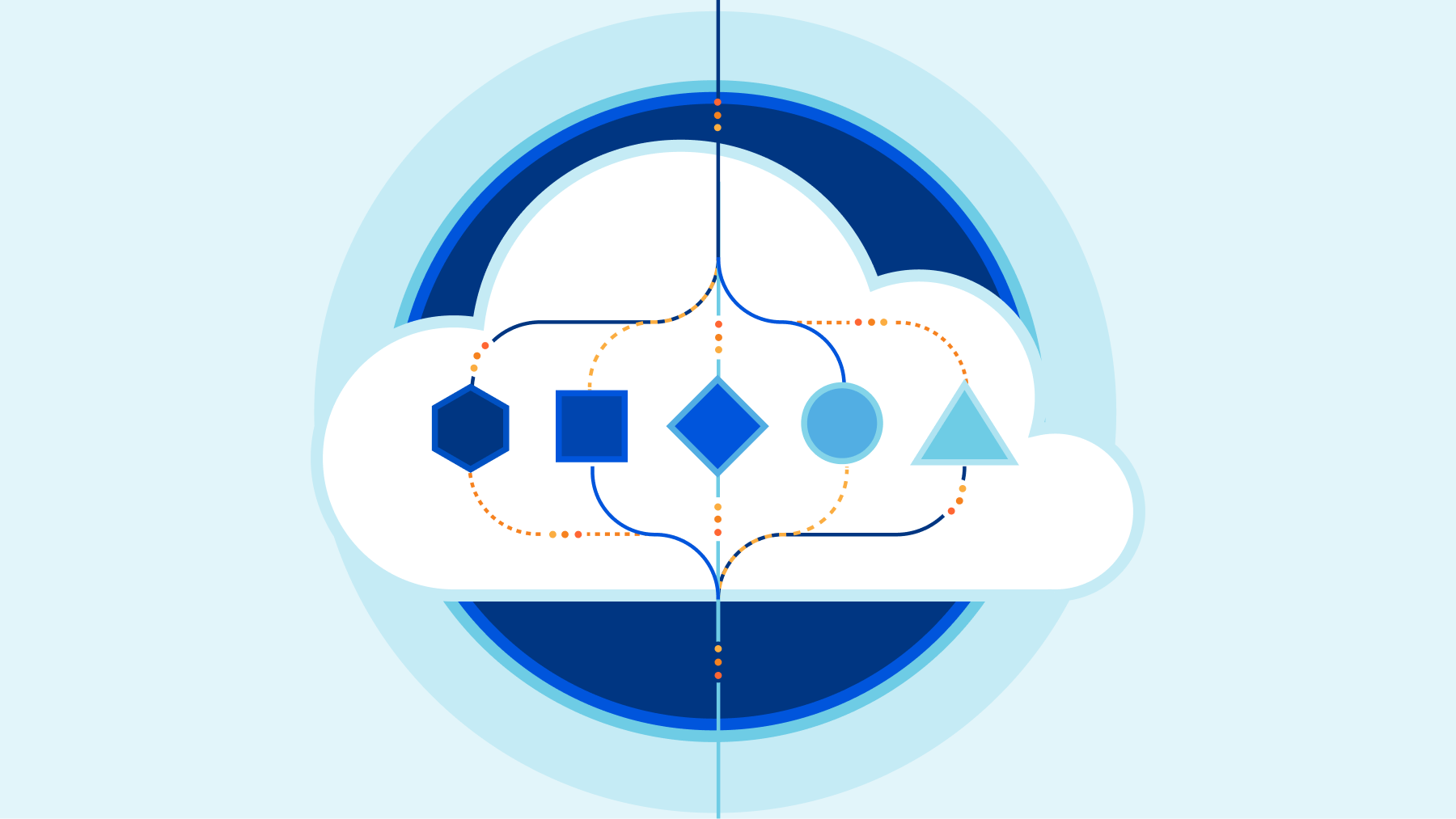
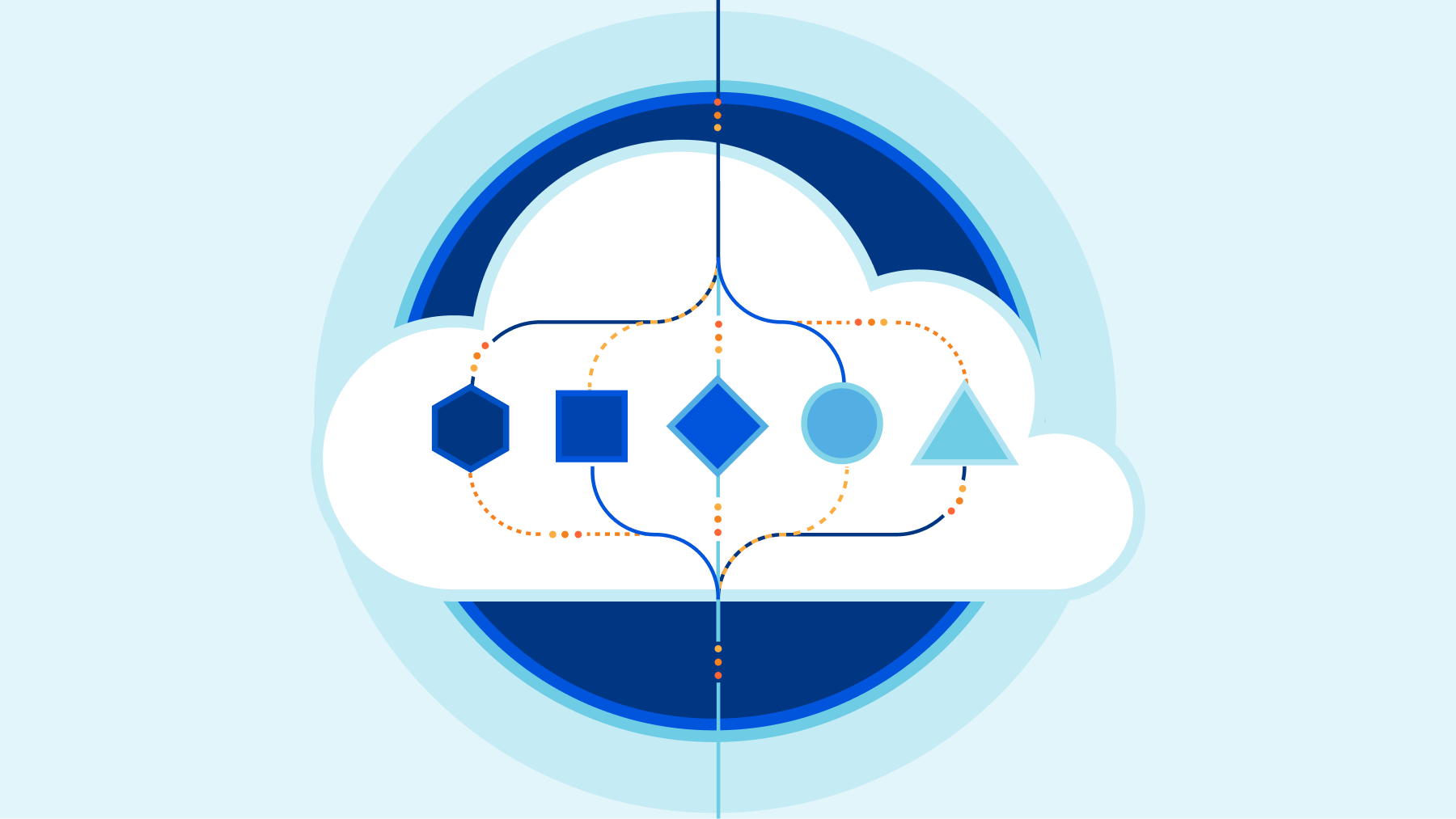
We’re excited to announce Cloudflare R2 Storage! By giving developers the ability to store large amounts of unstructured data, we’re expanding what’s possible with Cloudflare while slashing the egress bandwidth fees associated with typical cloud storage services to zero.
Cloudflare R2 Storage includes full S3 API compatibility, working with existing tools and applications as built.
Let’s get into the R2 details.
Object Storage, sometimes referred to as blob storage, stores arbitrarily large, unstructured files. Object storage is well suited to storing everything from media files or log files to application-specific metadata, all retrievable with consistent latency, high durability, and limitless capacity.
The most familiar API for Object Storage, and the API R2 implements, is Amazon’s Simple Storage Service (S3). When S3 launched in 2006, cloud storage services were a godsend for developers. It didn’t happen overnight, but over the last fifteen years, developers have embraced cloud storage and its promise of infinite storage space.
As transformative as cloud storage has been, a downside emerged: actually getting your data back. Over time, companies have amassed massive amounts of data on cloud provider networks. When they go to retrieve that data, they’re hit with massive egress fees that Continue reading
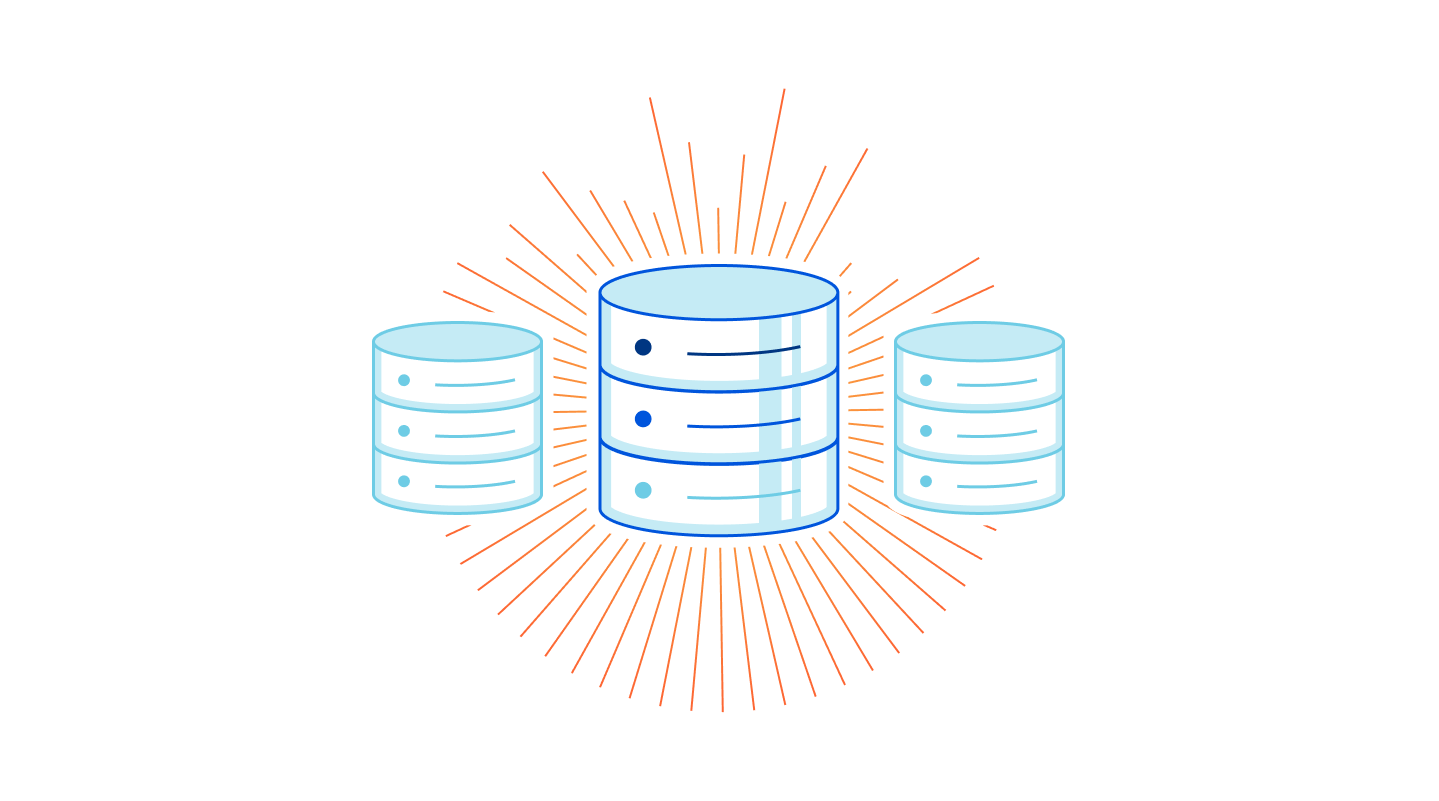
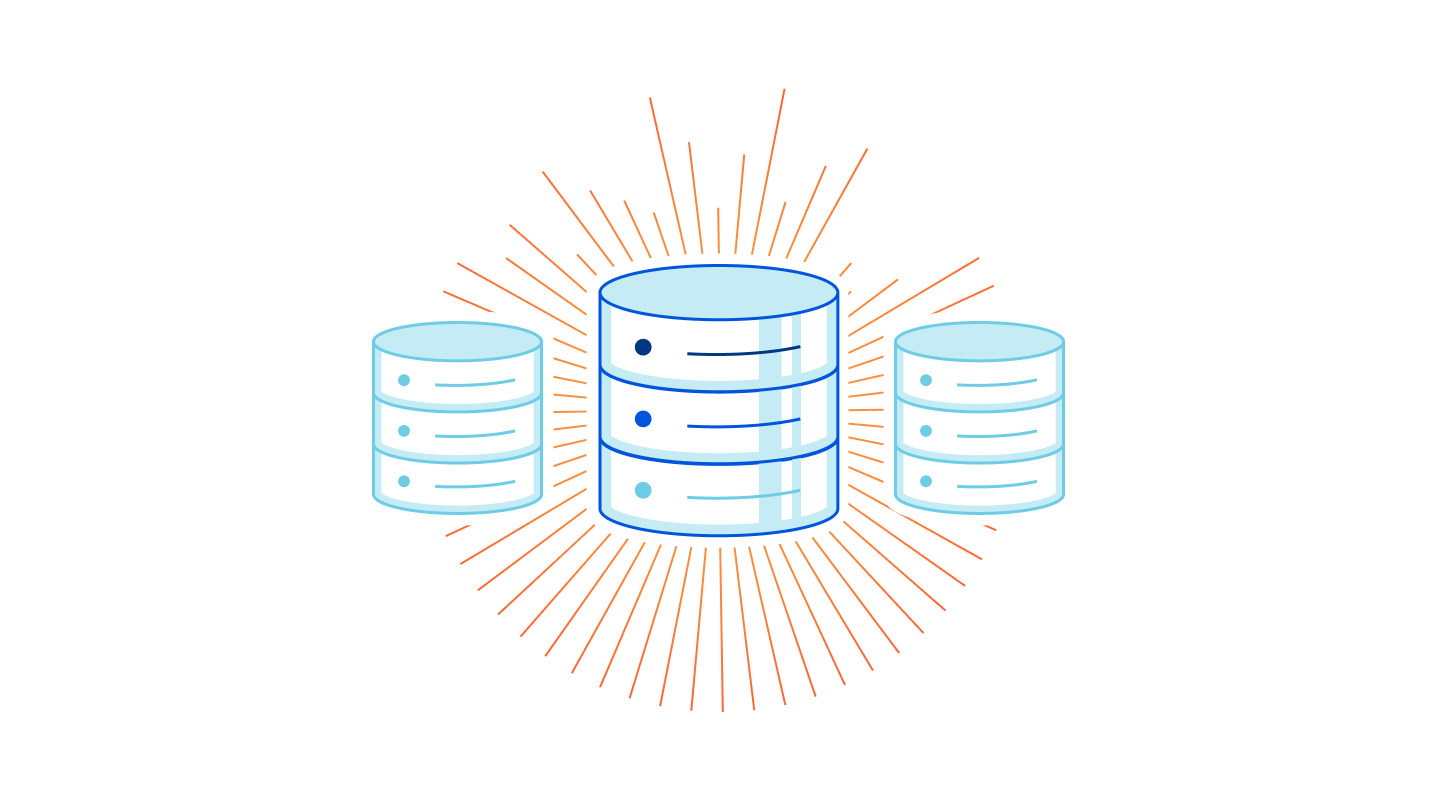
Cloudflare Workers is the easiest way for developers to deploy their application’s code with performance, scale and security baked in. No configuration necessary. Worker code scales to serve billions of requests close to your users across Cloudflare’s 200+ data centers.
But that’s not the only interesting problem we need to solve. Every application has two parts: code and state.
State isn’t always the easiest to work in a massive distributed system. When an application runs in 200+ data centers simultaneously, there’s an inherent tradeoff between distributing the data for better performance, availability, scale, and guaranteeing that all data centers see the same data at a given point in time.
Our goal is to make state at the edge seamless. We started that journey with Workers KV, which provides low-latency access to globally distributed data. We’re since added Durable Objects, with strong consistency and the ability to design coordination patterns on top of Workers. We’re continuing to invest in and build out these products.
However, some use cases aren’t easily implemented with Workers KV or Durable Objects. Think querying complex datasets, or communicating with an existing system-of-record. Even if we built this functionality ourselves, there will always be customers who want Continue reading
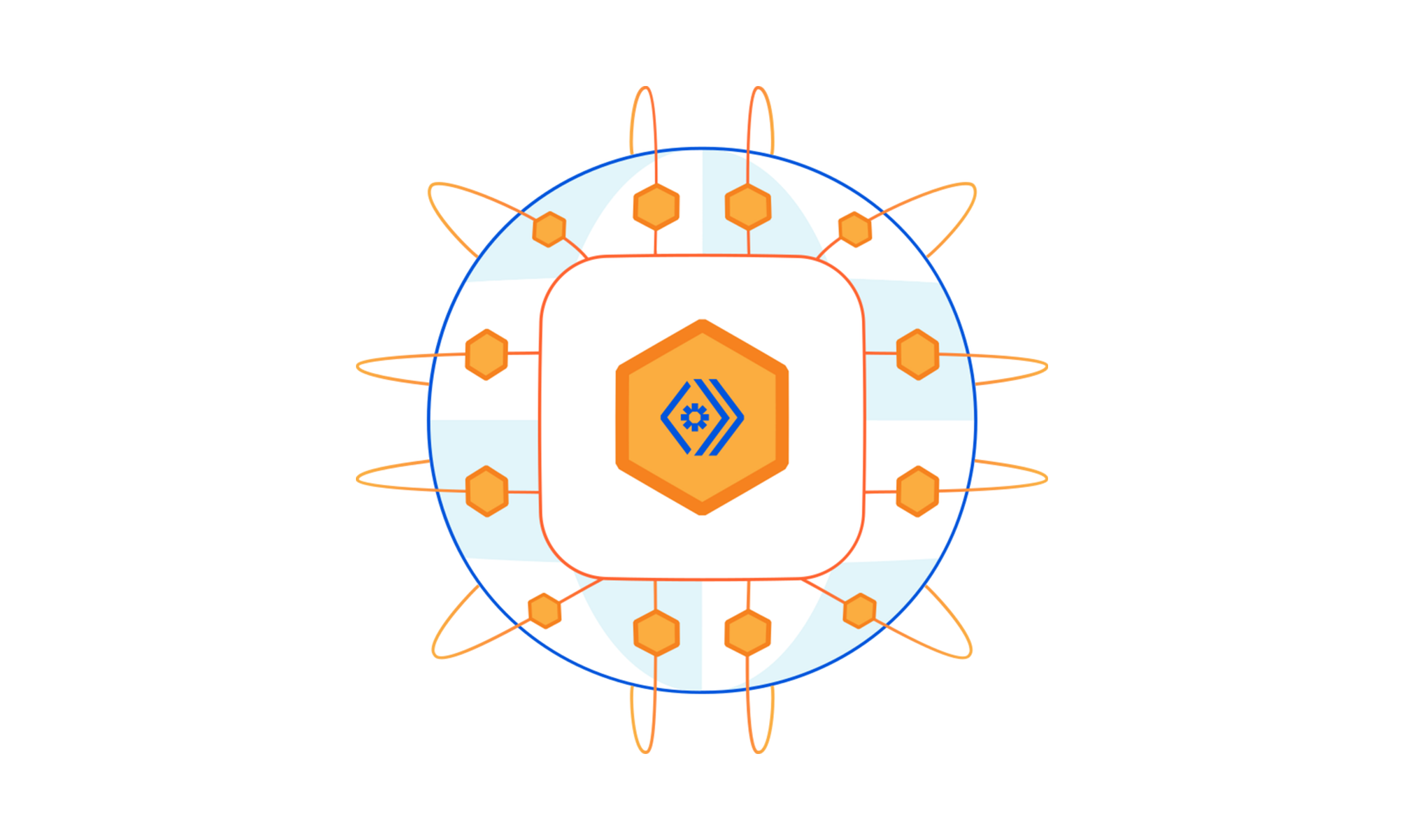
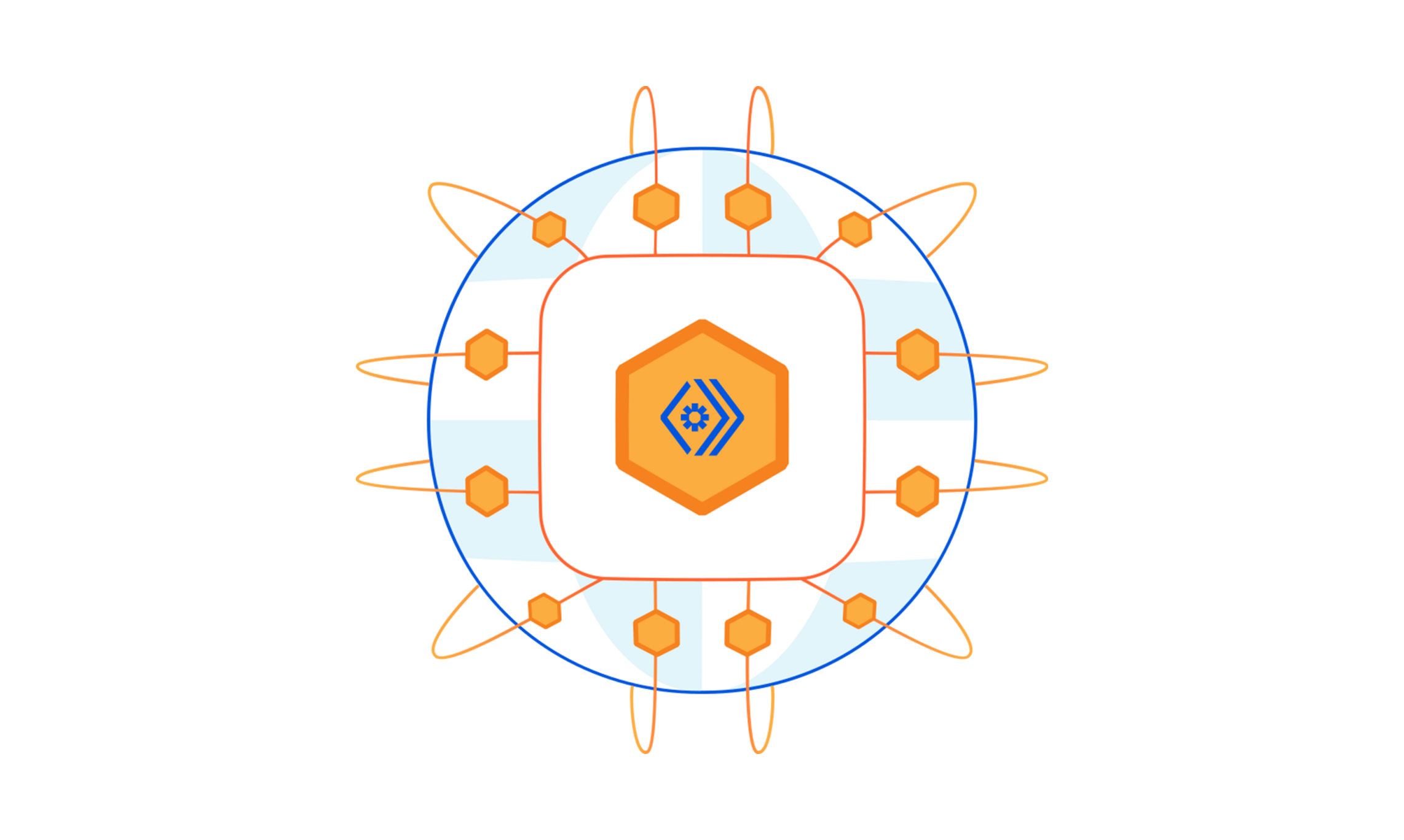
Back in September, we announced Durable Objects - a new paradigm for stateful serverless.
Since then, we’ve seen incredible demand and countless unlocked opportunities on our platform. We’ve watched large enterprises build applications from complex API features to real-time games in a matter of days from inception to launch. We’ve heard from developers that Durable Objects lets them spend time they used to waste configuring and deploying databases on building features for their apps. More than anything, we’ve heard that you want to start building with Durable Objects now.
As of today, Durable Objects beta access is available to anyone with a Cloudflare Workers® subscription - you can enable them now in the dashboard by navigating to “Workers” and then “Durable Objects”. You can also upgrade to the latest version of Wrangler to deploy Durable Objects!
Durable Objects are still in beta and are being made available to you for testing purposes. Storage is capped per-account at 10 GB of data, and there is no associated SLA for Object availability or durability.
Durable Objects provide two things: coordination across multiple Workers and strongly consistent edge storage.
Normally Cloudflare’s network executes a Continue reading


Over the past week, you’ve heard how Cloudflare is making it easy for our customers to control where their data is stored and protected.
We’re not the only ones building these data controls. Around the world, companies are working to figure out where and how to store customer data in a way that is compliant with data localization obligations. For developers, this means new deployment models and new headaches — wrangling infrastructure in multiple regions, partitioning user data based on location, and staying on top of the latest rules from regulators.
Durable Objects, currently in limited beta, already make it easy for customers to manage state on Cloudflare Workers without worrying about provisioning infrastructure. Today, we’re announcing Jurisdictional Restrictions for Durable Objects, which ensure that a Durable Object only stores and processes data in a given geographical region. Jurisdictional Restrictions make it easy for developers to build serverless, stateful applications that not only comply with today’s regulations, but can handle new and updated policies as new regulations are added.
When creating a Durable Object, developers generate a unique ID that lets a Cloudflare Worker communicate with the Object.
Let’s say I want to create a Durable Continue reading
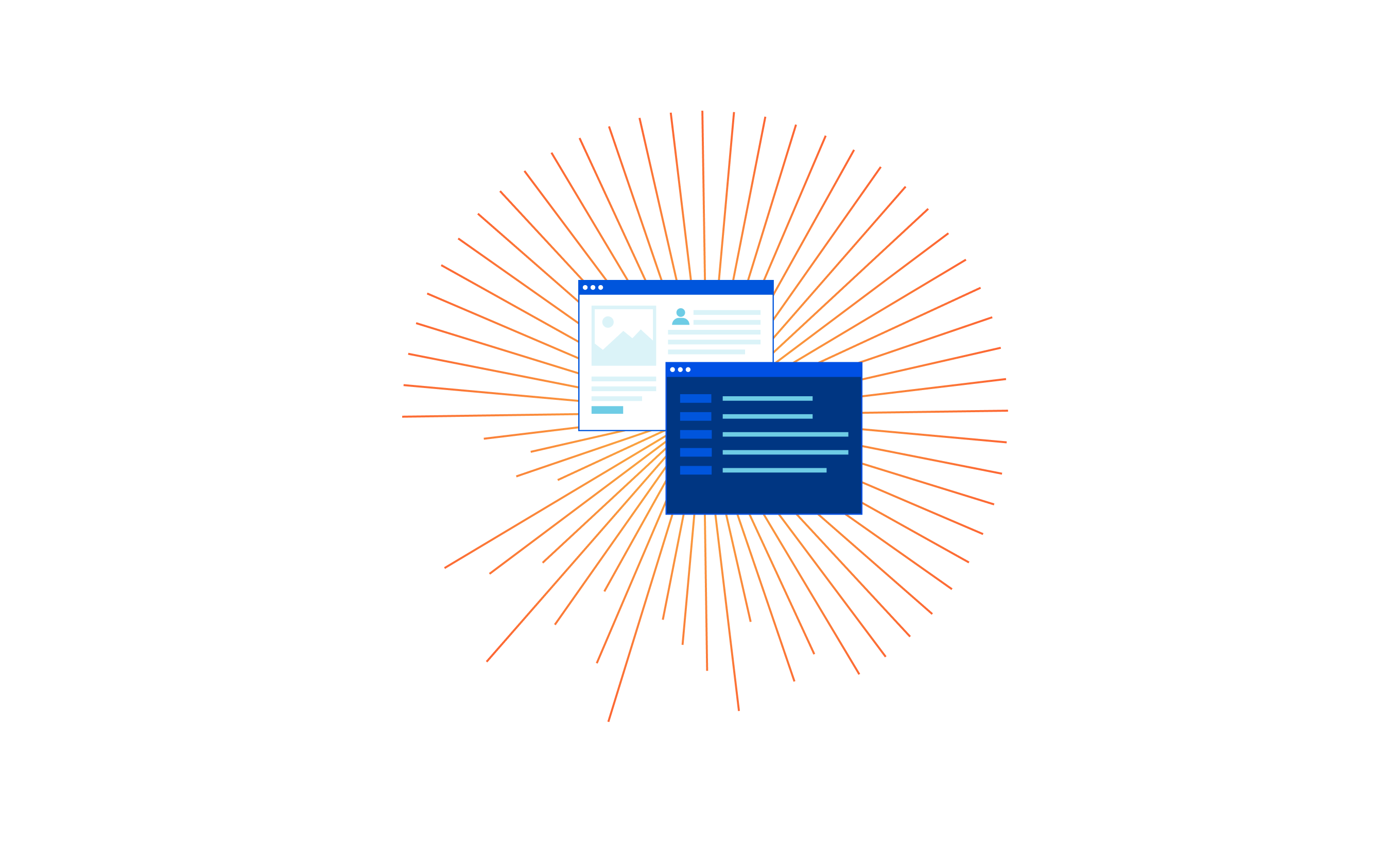
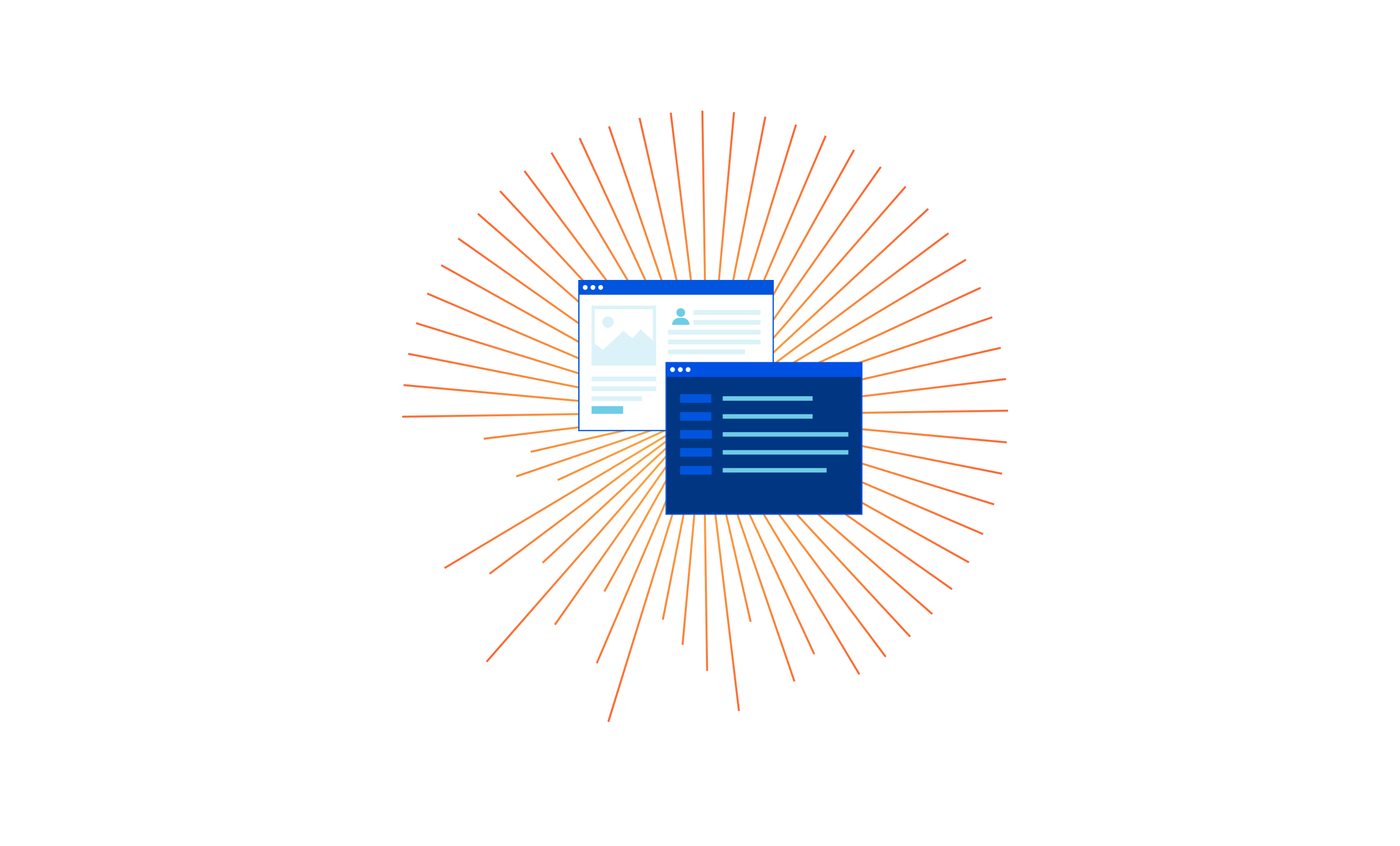
In May 2019, we launched Workers KV, letting developers store key-value data and make that data globally accessible from Workers running in Cloudflare’s over 200 data centers.
Today, we’re announcing a Free Tier for Workers KV that opens up global, low-latency data storage to every developer on the Workers platform. Additionally, to expand Workers KV’s use cases even further, we’re also raising the maximum value size from 10 MB to 25 MB. You can now write an application that serves larger static files directly or JSON blobs directly from KV.
Together with our announcement of the Durable Objects limited beta last month, the Workers platform continues to move toward providing storage solutions for applications that are globally deployed as easily as an application running in a single data center today.
The free tier includes 100,000 read operations and 1,000 each of write, list and delete operations per day, resetting daily at UTC 00:00, with a maximum total storage size of 1 GB. Operations that exceed these limits will fail with an error.
Additional KV usage costs $0.50 per million read operations, $5.00 per million list, write and delete operations Continue reading